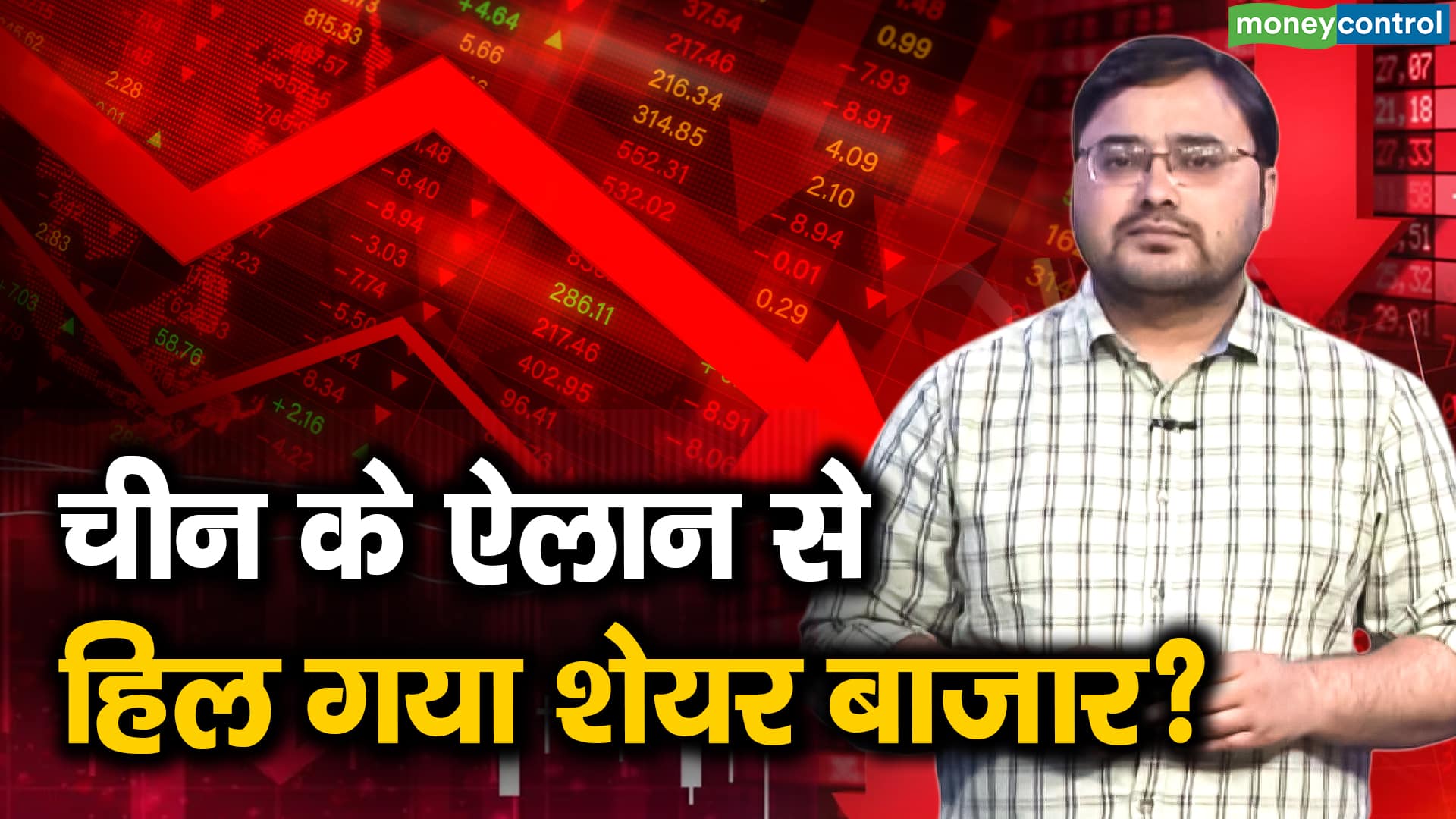On September 30, a significant decline occurred in the Indian stock market, marked by a drop in the BSE Sensex by 1,272 points, bringing it down to the level of 84,300. Investors lost nearly ₹3.5 lakh crore in market capitalisation throughout the day. This downturn has been attributed to several factors, with the situation in China being a crucial reason behind the market crash. In this article, we will explore the five key reasons for today’s stock market crash and gain insights from experts on the matter.
Reasons Behind the Share Market Crash
1. Economic Concerns from China
China’s economic struggles have significantly affected global markets, including India’s. Slow recovery post-COVID, combined with rising debt levels and reduced consumer spending, has caused investors to reevaluate their positions. This uncertainty has cascaded into the Indian stock market, leading to widespread panic selling.
2. Global Market Reactions
The global markets experienced a bearish trend, which adversely impacted investor sentiment in the Indian market. As international stocks plummeted, Indian investors followed suit, fearing a domino effect that could lead to further declines in their own investments.
3. Profit Booking by Investors
After a sustained rally in the previous months, many investors chose to lock in profits, leading to a sharp sell-off. This wave of profit booking contributed to the market downturn, as heavy selling pressure overwhelmed buying activities.
4. Rising Inflation Concerns
Inflation continues to be a pressing issue worldwide, and India is no exception. The rising prices of essential commodities have sparked fears of tighter monetary policies from the Reserve Bank of India (RBI). Speculations regarding interest rate hikes have led to a cautious approach among investors, exacerbating the market decline.
5. Market Volatility and Investor Sentiment
The increase in market volatility has resulted in heightened anxiety among investors. Fear of further declines has caused many to exit the market, leading to a further downturn. The overall sentiment has shifted from optimism to caution, as investors reassess their risk exposure in the current climate.
Expert Opinions on the Market Situation
Experts are currently analyzing the market trends and offering their perspectives on the recent crash. Many believe that the volatility is likely to persist in the short term. Investors are advised to remain cautious, reassess their portfolios, and consider long-term investment strategies rather than reacting impulsively to short-term market fluctuations.
Conclusion
In conclusion, the stock market crash on September 30 is a wake-up call for investors to stay informed and adapt to changing economic conditions. By understanding the underlying factors and following expert advice, investors can better navigate these turbulent times and safeguard their investments.
